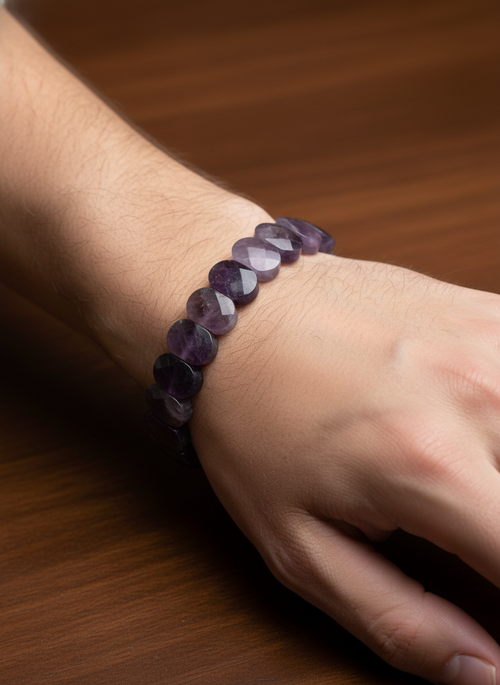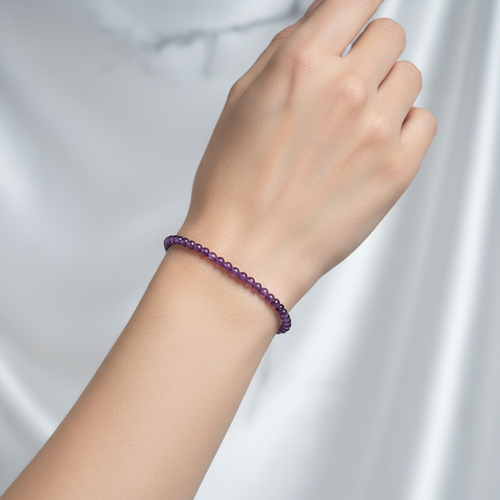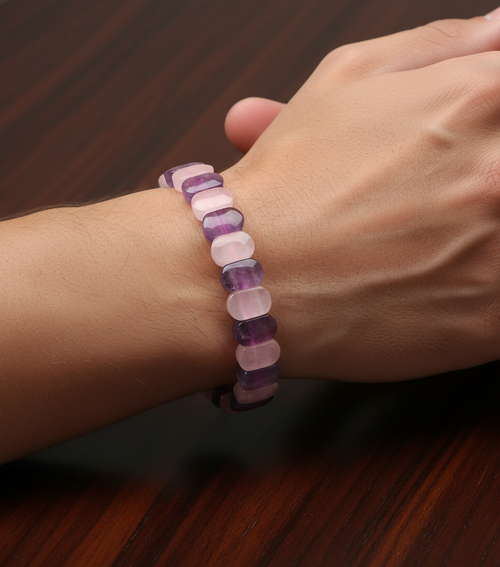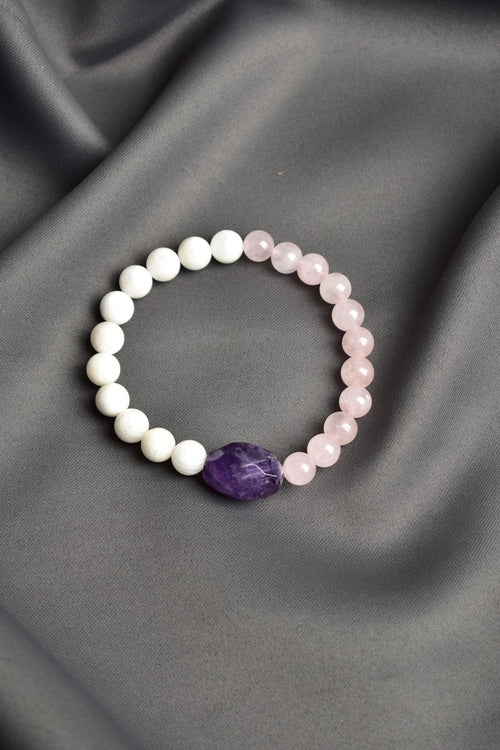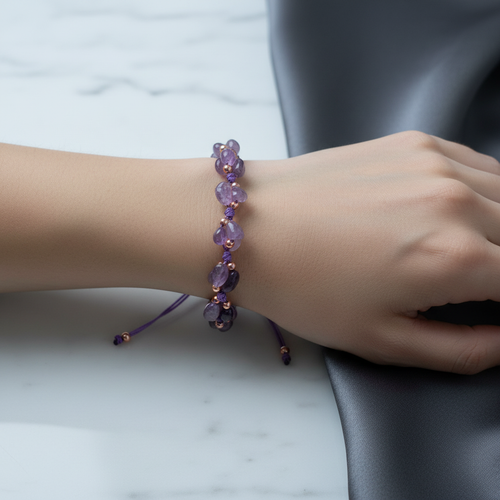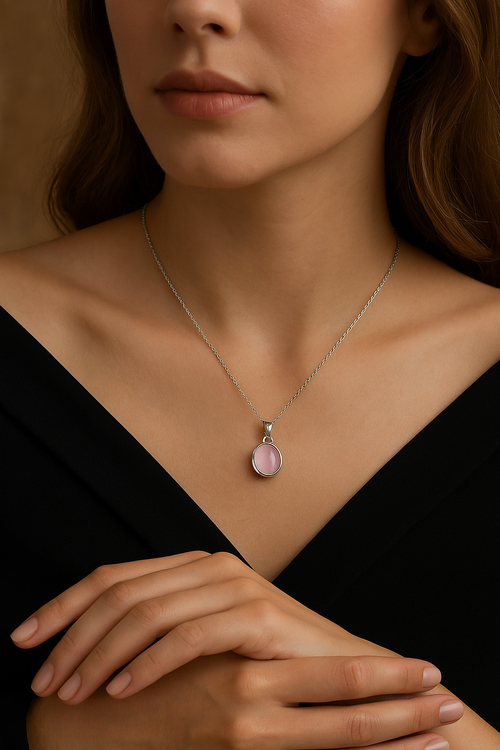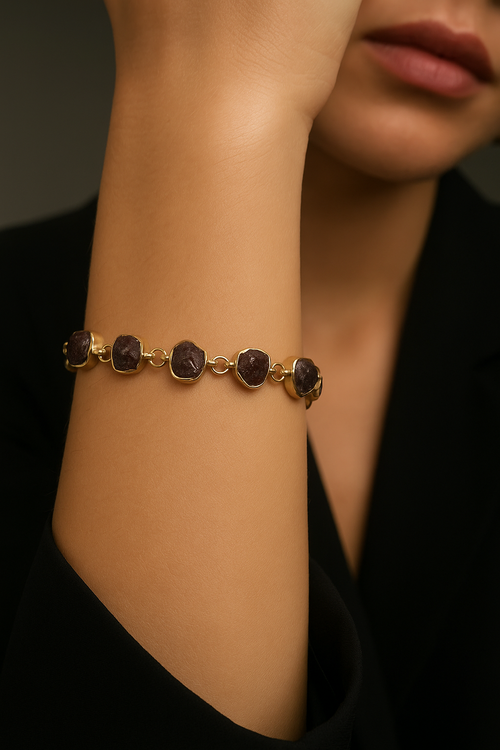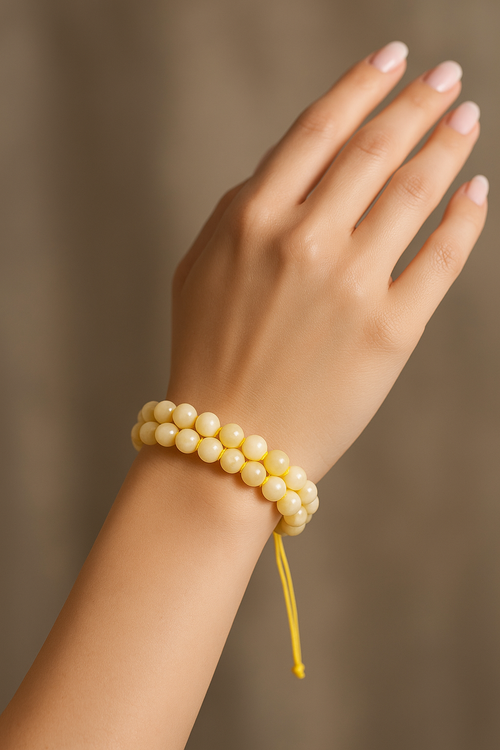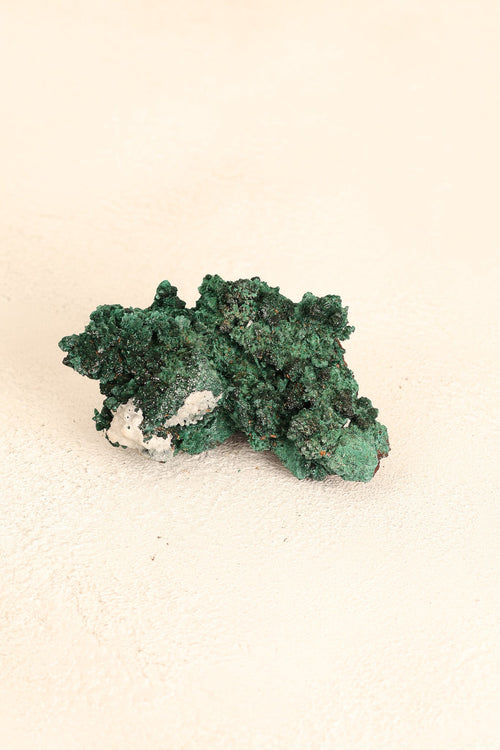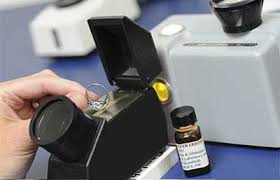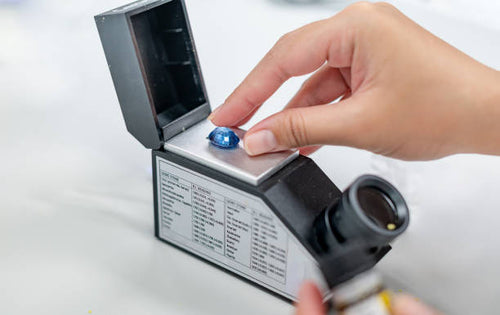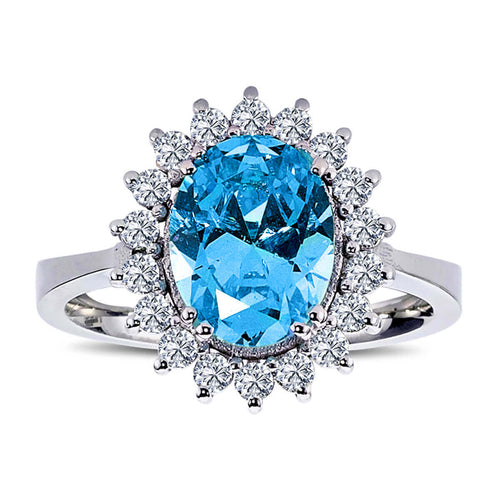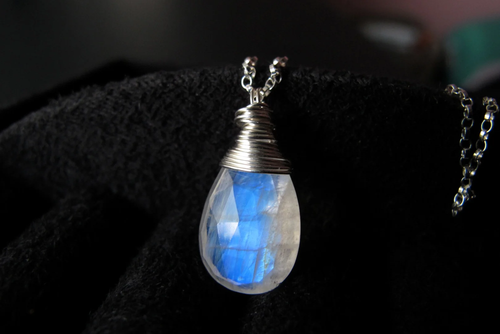ALL PRODUCTS IGSL INTERNATIONAL CERTIFIED
Hematite is an important iron oxide mineral known for its metallic luster and dark gray or black colors. This article examines where Hematite is mined, its mineral structure, uses, and price differences.
Where is Hematite Stone Extracted From?
Hematite stone can be found widely throughout the world. Major hematite deposits are located in Brazil, Australia, China, USA and Canada. These areas are famous for high quality hematite stones and contribute greatly to the world market.
- Brazil: The Minas Gerais region has important mines where high-quality hematite stones are extracted.
- Australia: The Hamersley region is home to one of the world's largest hematite deposits.
- China: China produces significant amounts of hematite.
- USA: Michigan and Minnesota are the main states where hematite is mined.
- Canada: Labrador and Quebec have high-quality hematite deposits.
Mineral Structure
Hematite is a stone belonging to the iron oxide mineral group and its chemical formula is Fe2O3. The stone is found in metallic gray, black or reddish brown colors. Hematite crystallizes in the trigonal crystal system and has a hardness of 5.5 - 6.5 on the Mohs hardness scale. These properties make the stone durable and suitable for a variety of industrial and decorative applications.
Areas of Use of Hematite Stone
Hematite is widely used in various jewelry and ornaments due to its aesthetic and physical properties. Here are some types of jewelry in which Hematite is used:
- Necklace: Hematite necklaces are popular jewelry pieces that showcase the stone's shiny, metallic appearance.
- Ring: Hematite rings are often used with precious metals such as silver or gold.
- Earrings: Hematite earrings are among the jewelry that highlights the natural beauty of the stone.
- Bracelet: Hematite bracelets are preferred accessories for both daily use and special occasions.
- Prayer Beads: Hematite prayer beads are used for both spiritual and aesthetic purposes.
- Decorative Objects: Hematite is widely used in vases, statues and ornaments used in home decoration.
Price Differences
The price of Hematite stone varies depending on various factors. These factors include the color, clarity, cut, size and source of the stone. Here are the main factors that affect the price of Hematite:
- Color and Luster: The most valuable hematite stones are those with a distinct metallic luster. The quality of color and luster increases the value of the stone.
- Clarity: Hematite stones that are clear and without internal inclusions are in greater demand and hence sell for higher prices.
- Cut: Professionally cut and polished hematite stones are more valuable because they reflect light better.
- Size: Larger and heavier hematite stones generally command higher prices than smaller stones.
- Source: High-quality hematite stones from areas such as Brazil, Australia, and the United States are often more valuable than those from other sources.
Conclusion
Hematite is a valuable natural stone with its metallic shine and durability. This stone, which is extracted from various regions around the world, is widely used in jewelry and ornaments with its aesthetic and physical properties. Its chemical structure and physical properties make Hematite a sought-after stone in jewelry making and industrial applications. Hematite stone, whose price varies depending on color, brightness, clarity, cut, size and source, has a valuable place in both jewelry making and collections.



